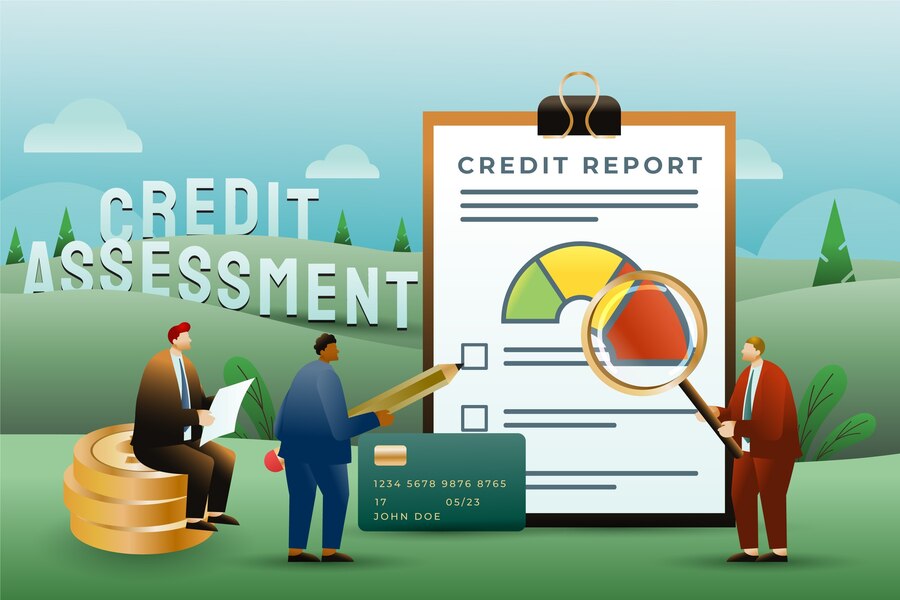Settling a loan can feel like a relief, but it can leave a dent in your CIBIL score—the credit score that lenders use to assess your creditworthiness. A loan settlement occurs when the lender agrees to accept a lesser amount than what you owe, marking your account as “settled” rather than “closed.” This status negatively impacts your CIBIL score, making it harder to secure loans or credit in the future. However, with the right strategy, you can rebuild your score and regain financial credibility.
Here are some practical tips to improve your CIBIL score post-settlement:
- Understand the Impact of Settlement
Before diving into recovery strategies, it’s important to understand how loan settlement affects your CIBIL score. When a loan is settled, it indicates to lenders that you were unable to pay the full amount, which is seen as a negative mark on your credit report. This can cause your score to drop significantly, making it difficult to get new loans, especially at favorable terms.
- Clear All Outstanding Dues
If possible, clear any outstanding debts that remain after settlement. If you have any unpaid loans, credit card dues, or overdue amounts, ensure that these are paid in full. Even if you settled one loan, having other unpaid debts can further harm your credit score.
- Obtain a ‘No Dues Certificate’
After settling your loan, ensure that you get a No Dues Certificate from your lender. This document certifies that you have no remaining balance with the lender. Having this in hand can help you rectify any discrepancies on your credit report if your account is incorrectly marked as unpaid.
- Review Your Credit Report Regularly
Post-settlement, it’s crucial to keep an eye on your credit report. Sometimes, even after settlement, the report might not reflect the correct status, which could continue to hurt your score. Obtain your credit report from CIBIL (or other credit agencies) and review it carefully for errors.
If the report still shows the loan as “unpaid” or contains incorrect information, raise a dispute with CIBIL to correct it. Ensuring accurate information on your report is the first step toward rebuilding your score.
- Start Building Positive Credit History
One of the best ways to rebuild your CIBIL score post-settlement is by establishing a positive credit history. Here’s how you can do it:
- Take a Small Loan or Credit Card: If possible, apply for a small personal loan or secured credit card (backed by a fixed deposit). Use it responsibly and make timely payments. This helps in demonstrating that you are financially disciplined post-settlement.
- Use Credit Cards Wisely: If you already have a credit card, make sure you use it moderately and always pay off your balance in full before the due date. Avoid maxing out your credit limit, as a high credit utilization ratio can hurt your score.
- Pay EMIs and Bills on Time
Timely payments are the most significant factor in improving your CIBIL score. Whether it’s a new loan, credit card payment, or utility bill, always pay on or before the due date. Each on-time payment boosts your credit score gradually and rebuilds your creditworthiness in the eyes of lenders.
- Maintain a Low Credit Utilization Ratio
The credit utilization ratio refers to the percentage of your available credit that you’re using. Ideally, you should keep your credit utilization below 30% of your credit limit. For example, if your credit card limit is ₹1,00,000, try not to use more than ₹30,000 in a billing cycle. Low utilization indicates that you’re not overly dependent on credit, which positively impacts your score.
- Avoid Frequent Loan Applications
After settlement, avoid applying for multiple loans or credit cards within a short period. Each application results in a hard inquiry on your credit report, which can lower your score further. Lenders may also view frequent applications as a sign of financial distress.
- Be Patient and Persistent
Improving your CIBIL score post-settlement is a gradual process that takes time. There’s no quick fix to boost your score overnight. Consistency in making payments on time, using credit responsibly, and monitoring your credit report will slowly rebuild your score over months or even years.
Conclusion
A loan settlement may hurt your CIBIL score, but it’s not the end of your financial journey. By taking proactive steps—clearing dues, monitoring your credit report, using credit responsibly, and making timely payments—you can steadily improve your credit score. Patience and discipline are key to restoring your financial health and gaining back the trust of lenders for future borrowing needs
Get in touch with us today at bankharassment.com and embark on your path to financial freedom



